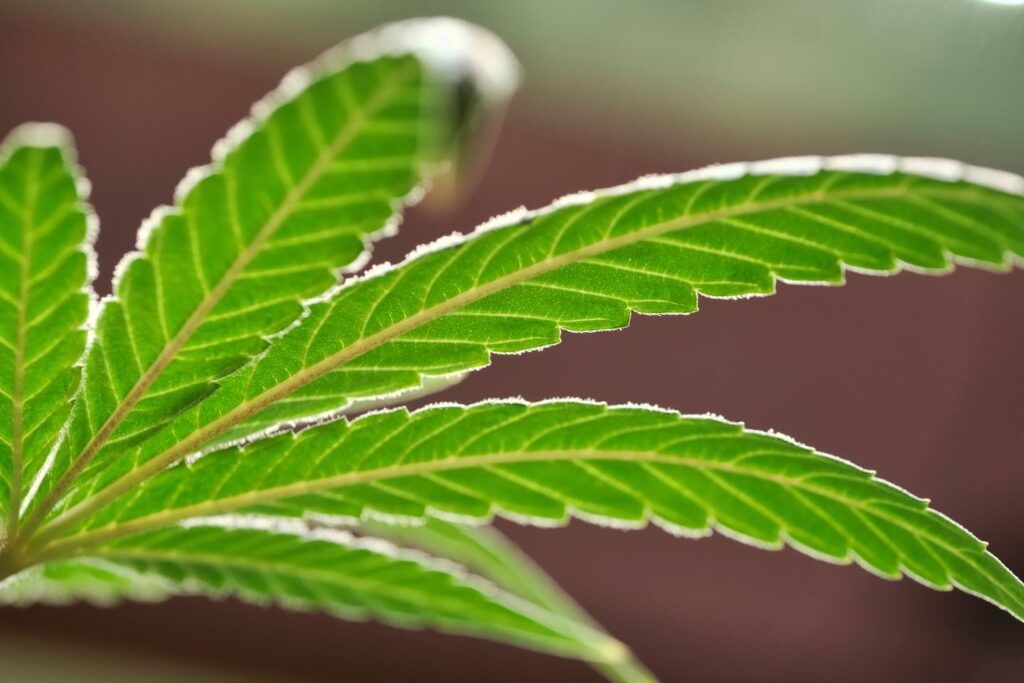At age 48, Damaris Aponte did not foresee earlier in life that she would be part of a cannabis business, much less hold the reins as its CEO.
As a teen she regularly smoked marijuana, a habit her traditional Puerto Rican parents frowned upon. They feared they would lose her to the streets, a fate that took the life of her older brother Miguel many years ago in a drug-related stabbing, she recalls.
Now the owner of two cannabis companies, Riverside Cannabis and Blossom Flower, Aponte is ramping up her business delivering and manufacturing cannabis products. She’s only five months in but has been building toward this moment for the last four years.
“I’m a hustler,” Aponte said. De la calle de Holyoke, she said in Spanish — from the streets of her hometown of Holyoke.
Most recently, Aponte’s businesses are getting a much needed cash injection from the Massachusetts Cannabis Social Equity Grant Program run by state officials in an effort to support entrepreneurs from communities disproportionately harmed by marijuana prohibition and enforcement. The program, which launched in September, is in its first full round of grant making.
Get Starting Point
A guide through the most important stories of the morning, delivered Monday, Wednesday, and Friday.
Enter Email
“We are pleased to provide these grants to 180 business owners from populations that were impacted by the War on Drugs and expand economic opportunity in communities across Massachusetts,” said Governor Maura Healey in a recent statement. She added the program “provides marijuana entrepreneurs with much-needed support as they start and scale their businesses.”
While the recreational use and sales of marijuana products remains illegal in some states, a growing number have embraced it. In 2008, Massachusetts voters moved to decriminalize cannabis and then created a medical marijuana system, with the first dispensaries opening several years later and a full recreation market opened to adults in 2018.
Aponte’s two businesses received a combined $750,000. With the funds, she plans to pay off bills, buy another vehicle to deliver products to customers, and to fix the HVAC system in one of the buildings. In total, the Executive Office of Economic Development received 278 applications through the Cannabis Social Equity Grant Program funded by cannabis licensing and application fees. Ten of those grants went to business owners in Gateway Cities.
It’s a powerful move from state officials to amend the harm of the Reagan administration’s campaign, which sought to curb drug use but ultimately led to the disproportionate incarceration of more people of color in low-income, urban areas in Massachusetts and across the country.
Mandatory minimums for nonviolent drug-related charges specifically affected Black and Latino men, breaking up families and damaging communities for decades.
While the state has attempted to change the system, the impacts to communities of color ripple out to this day.
A Massachusetts Sentencing Commission report from 2019, for example, found that 23 percent of defendants convicted of mandatory drug offenses were white, while 70 percent were Black or Hispanic despite data that show white, Hispanic, and Black people use illicit drugs at similar rates.
When it comes to cannabis business owners today, these patterns also show up. Across the state, white business owners dominate the landscape; fewer than 10 percent of cannabis owners are Latino or Hispanic, and 7 percent are Black or African-American, according to the state Cannabis Control Commission.
Aponte keeps that in mind and is proud to have hired two people in the community with former drug convictions. “The dream that I’m living right now is amazing,” she said.
Thinking of her brother she said, “He’d be so proud of me right now.”
H/T: www.bostonglobe.com



